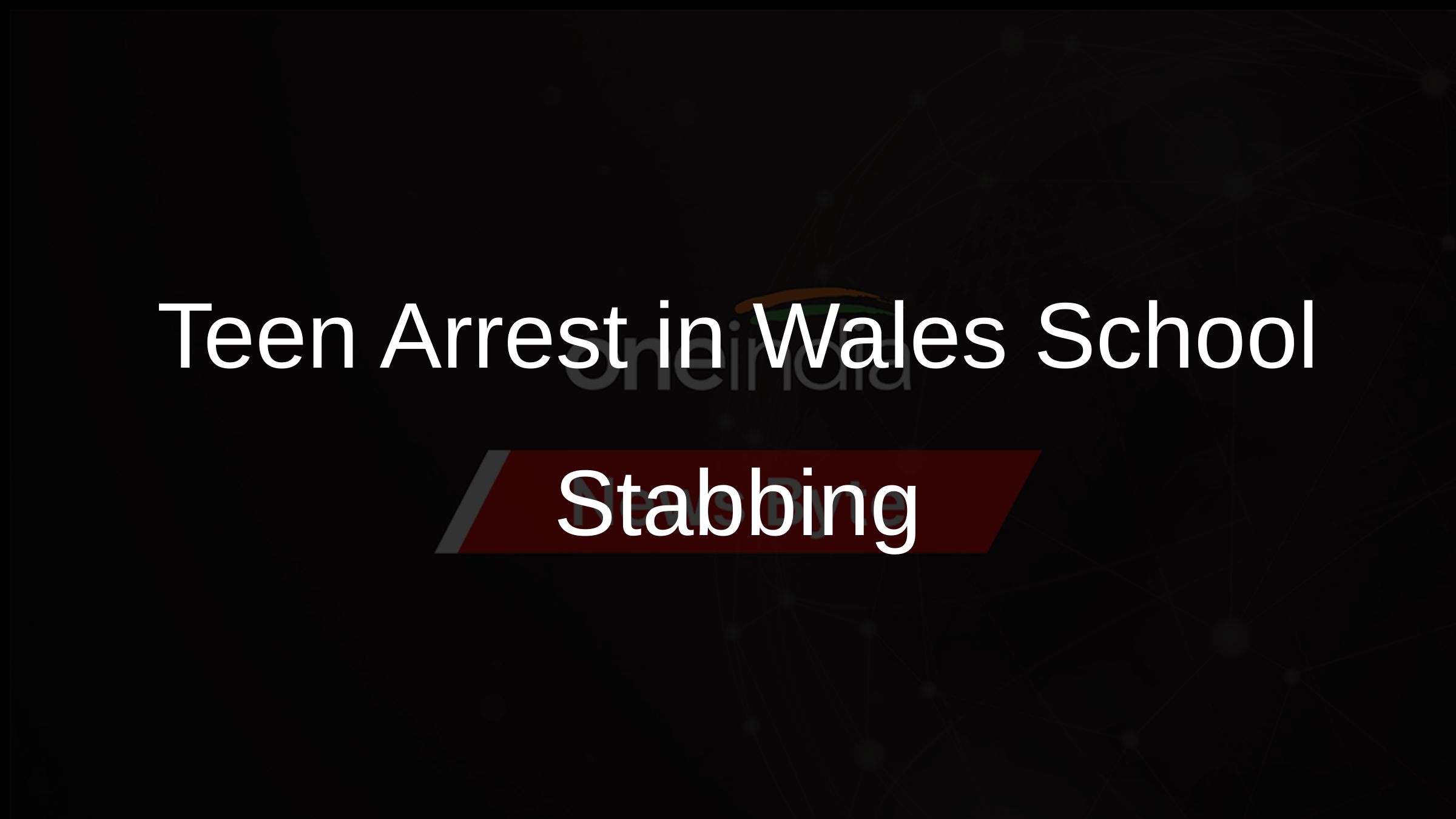Cauvery row: Can Karnataka be held in contempt for defying SC order?
Bengaluru, Sept 22: The Karnataka cabinet on Wednesday decided to put on hold release of Cauvery water to Tamil Nadu. Supreme Court had directed Karnataka to release 6,000 cusecs of water to Tamil Nadu between September 21 and 27.
However, following an all party meeting, it was decided to defer the release of water and convene a special legislative assembly session and take a final call.

There are many scenarios that are likely to arise if the government decides to go ahead and defy the orders of the Supreme Court. If the legislature tells the government to defy the order of the Supreme Court it amounts to contempt. If the legislature says the order must be defied and the government does not abide by it, then it would amount to breach of privilege.
How this issue can unfold legally
For now the legal advisors to the government of Karnataka say that the decision has only been deferred. Although technically it does amount to contempt of court, Karnataka can for now argue that the order has not been defied in totality.
Also read: No more water for Tamil Nadu;Karnataka decides, special House session on Friday
If the legislature passes a resolution on September 23 to defy the order of the court and the government follows it, then it can be hauled up for contempt of court. However, not abiding by the resolution of the legislature will amount to breach of privilege, legal experts say. Hence this is a call that the government of Karnataka would need to take.
Before initiating any contempt proceedings, the court would go into the resolution of the legislature. The Supreme Court does have the power to strike down a resolution as unconstitutional. However, the legislature can contest the same and this could lead to a constitutional crisis.
The Supreme Court has stated that its orders are supreme and it can override the resolution by the legislature.
If the Supreme Court finds that the state has willfully disobeyed its orders, then it can initiate contempt proceedings.
If the state is found guilty, then the Supreme Court can recommend to the Union Government to invoke Article 356 of the Indian Constitution or President's rule in the state. The centre can also suo motu invoke Article 356 based on the recommendation of the governor.
OneIndia News


 Click it and Unblock the Notifications
Click it and Unblock the Notifications



































